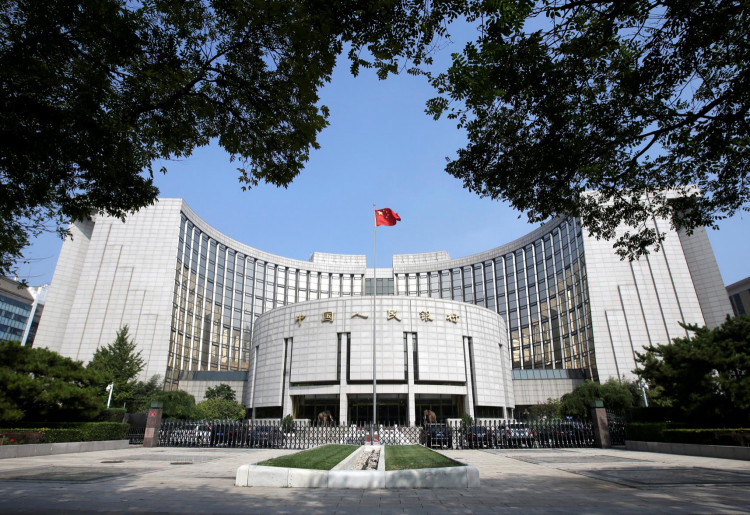China has revealed more signs of decoupling from the United States' economy, the world's largest, by diversifying its foreign exchange reserves into other currencies and by continuing building its own shadow reserve trove.
Driving this decoupling is the intractable trade war launched against China 20 months ago by President Donald Trump, said ANZ Research, the macroeconomic analysis unit of Australian multinational banking and financial services company ANZ. Trump's trade war laid bare China's extreme vulnerability to the U.S. dollar.
ANZ Research said in reaction to this huge financial vulnerability, China is quietly diversifying its reserves to reduce its dependence on the dollar, which remains the world's largest reserve currency. It said Trump's trade war has "increased the risk of a financial decoupling" between China and the U.S.
Decoupling means a country, especially developing countries such as China, no longer depends on the United States economy for growth. It leaves countries insulated from a slowdown in the U.S., even a full-fledged recession.
The share of the dollar in China's foreign exchange reserves is estimated to be 59% as of June. Beijing is moving to manage this huge risk by diversifying its foreign exchange reserves into other currencies. It will also accumulate "shadow reserves," or other forms of assets such as offshore portfolios.
"Although China still allocates a high share of its FX exchange reserves to the USD ... the pace of diversification into other currencies will likely quicken going forward," said ANZ in a report.
The exact allocation of China's foreign exchange reserves in different currencies isn't known but ANZ believes these currencies include the British pound, Japanese yen, and euro.
Along the same decoupling vein, China is gradually reducing its holdings of U.S. Treasurys. China was formerly the largest foreign holder of U.S. Treasurys, holding $1.11 trillion of U.S. debt in June, said the U.S. treasury department. It was surpassed in this ranking by Japan in June. China has reduced its holdings of Treasurys by $88 billion over the last 14 months, according to financial analysts.
China has also been buying-up gold at a record pace and its official gold reserves now stand at a record level 1,957.5 tons as of October.
Chinese companies remain hugely exposed to moves in the dollar and have amassed more than $500 billion in foreign corporate debt.
"Much of that is in US dollars, which can be a problem for Chinese corporates," said Paul Hsiao, a global economist at PineBridge Investments LLC, a private, global asset manager focused on active, high-conviction investing.
Hsiao said the dollar's significant appreciation against the yuan caused many Chinese firms to sell their assets since many of their liabilities are still denominated in the dollar.
"Diversifying its currency holdings, in a way is very much in line with the recent political moves of the Xi administration to focus on China's trade relationships beyond just the United States. China and, more broadly, the Asian region is still highly exposed to movements in the US dollar," said Hsiao.






